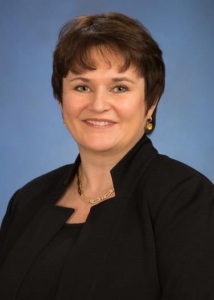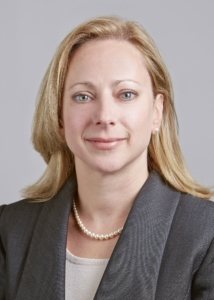 “Women need to understand that they have opportunities, but there will be sacrifices along the way. It’s not easy: you might have to give up your “me” time to be with the family, and you may have to take a back seat for a short time to concentrate on your family and then return to focus on your career,” says Pauline Ho. “It’s a balance that each person has to figure out for themselves.”
“Women need to understand that they have opportunities, but there will be sacrifices along the way. It’s not easy: you might have to give up your “me” time to be with the family, and you may have to take a back seat for a short time to concentrate on your family and then return to focus on your career,” says Pauline Ho. “It’s a balance that each person has to figure out for themselves.”
Since 1993, Ho has worked for PwC in the Malaysia office, augmented by a two-year international assignment with PwC UK, working with clients in the energy and utilities sectors among others. She became Partner in 2005 and almost immediately learnt that she was pregnant with triplets. Confined to bed rest towards the end of the pregnancy, she worked from her hospital room until her doctor banned her from conference calls. “I am not one to take it easy. However it is a choice,” she says.
When she did return, she decided to take on client work that didn’t involve much travel demands in addition to taking on what she felt would be a more stable position overseeing Human Capital and Methodology for the Assurance practice.
After three years, she relinquished the Methodology duties in order to oversee larger clients, eventually leading to being asked to lead the Assurance practice for Malaysia – the first female Assurance Leader in Malaysia.
She names this as the professional achievement she is most proud of, overseeing 1,200 professionals which is roughly half the firm in Malaysia.
Right now she is focused on working with PwC on building trust in a competitive marketplace, noting that Assurance is the foundation for that trust. “The audit market is very mature, but we are working to change mindsets to view assurance in a broader lens, to demonstrate the value we can bring to our clients.”
Learning to Take Risks
As she has progressed throughout her career, Ho says that she has learned that it’s ok to make mistakes because trying new things is how you learn. She says that in the past she had taken the approach that if she wasn’t certain about something, she’d better not do it.
That held her back, she says, but as she progressed she had mentors who pushed her along and helped her take on more courageous roles and new challenges.
She cites one time when her Managing Partner asked her who would be suited to take on a new role, and she offered three names, excluding her own, and explained why those people could do the job. When he asked about her, she said that it had never crossed her mind because she wasn’t ready. When he said I think you are the person, I agreed,” she remembers, reflecting on a conversation playing in her mind about other times she had turned down a role because it required too much travel or otherwise was outside of her comfort zone.
Making Strides In Equal Representation
Ho is proud that the firm has excellent female representation at all levels – 60 percent of its graduate intakes are women, along with 40 percent of partners and directors, and even two of the nine executive board members, including Ho.
One area where it is trickier to maintain equality generally, but desired by female millennials, is in mobility since it is more challenging for women to take their family overseas in the Asian culture than men.
She also sees that many women take a break when they have children and it is challenging for them to return. The firm is addressing that by supporting the national “Back2Work” program, where they help women re-acclimate, and the firm also offers flexible working arrangements, which allows people to work a minimum of three days a week..
The board level is another place where she sees women can have an impact. “When people retire from board positions, they try to find others whom they know to take their places, so it’s important for women to remember to do the same for women.”
She is also a believer in mentoring, and recently volunteered to help in a pilot program to mentor young, high-potential women called “Womentum,” an idea that came from her Markets Leader, another female partner on the executive board of PwC Malaysia. “Women need to help each other more, share their stories and let people see that there are successes and failures, and it’s ok to do something out of your comfort zone,” Ho says.
She herself benefited from a mentoring program earlier in her career, when she was fortunate to be assigned by the firm’s former chairman to a female CEO of an international bank in Malaysia, whom she says was instrumental in helping her prioritize what was important and how to make it happen.
Away from the Office
Ho’s triplets, now nine, keep her busy away from the office with their sports and activities. The family also prioritizes quarterly holidays – whether to the beach or the slopes to enjoy family time.

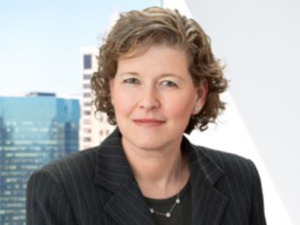
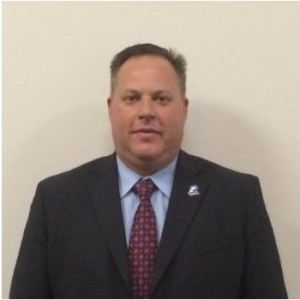
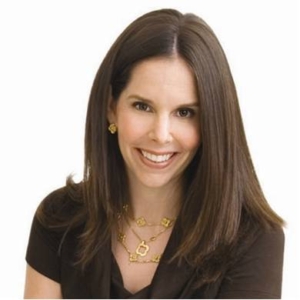
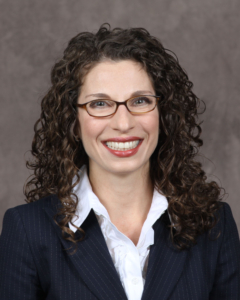
 Mark Pestrella knows that everyone has a story, and that women in particular need to feel they can tell their story without looking like they’re weak. “Really listening to my employees’ stories can change the whole environment.”
Mark Pestrella knows that everyone has a story, and that women in particular need to feel they can tell their story without looking like they’re weak. “Really listening to my employees’ stories can change the whole environment.”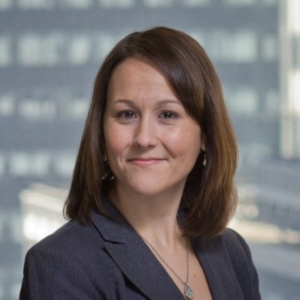 “I was raised with a strong work ethic, so I was well aware of the need to work hard and earn the respect of your colleagues,” says Betsy Wille, who learned throughout her career that it’s not enough to just put your head down and count on that to take care of your progression. “Ultimately everyone is responsible for their own career, and building relationships will matter.”
“I was raised with a strong work ethic, so I was well aware of the need to work hard and earn the respect of your colleagues,” says Betsy Wille, who learned throughout her career that it’s not enough to just put your head down and count on that to take care of your progression. “Ultimately everyone is responsible for their own career, and building relationships will matter.”